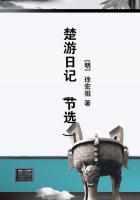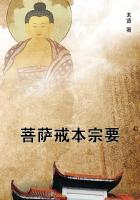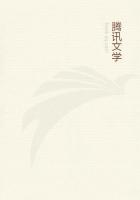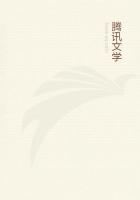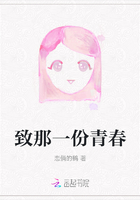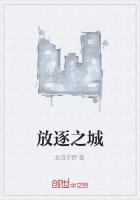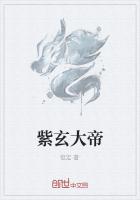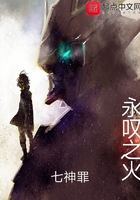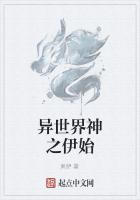These he cannot duplicate at any furbisher's shop as you who live within doors, who, if your purse allows, may have the same home at Sitka and Samarcand. So you see how it is that the homesickness of an Indian is often unto death, since he gets no relief from it;neither wind nor weed nor sky-line, nor any aspect of the hills of a strange land sufficiently like his own. So it was when the government reached out for the Paiutes, they gathered into the Northern Reservation only such poor tribes as could devise no other end of their affairs. Here, all along the river, and south to Shoshone Land, live the clans who owned the earth, fallen into the deplorable condition of hangers-on. Yet you hear them laughing at the hour when they draw in to the campoodie after labor, when there is a smell of meat and the steam of the cooking pots goes up against the sun. Then the children lie with their toes in the ashes to hear tales; then they are merry, and have the joys of repletion and the nearness of their kind. They have their hills, and though jostled are sufficiently free to get some fortitude for what will come. For now you shall hear of the end of the basket maker.
In her best days Seyavi was most like Deborah, deep bosomed, broad in the hips, quick in counsel, slow of speech, esteemed of her people. This was that Seyavi who reared a man by her own hand, her own wit, and none other. When the townspeople began to take note of her--and it was some years after the war before there began to be any towns--she was then in the quick maturity of primitive women; but when I knew her she seemed already old. Indian women do not often live to great age, though they look incredibly steeped in years. They have the wit to win sustenance from the raw material of life without intervention, but they have not the sleek look of the women whom the social organization conspires to nourish.
Seyavi had somehow squeezed out of her daily round a spiritual ichor that kept the skill in her knotted fingers along after the accustomed time, but that also failed. By all counts she would have been about sixty years old when it came her turn to sit in the dust on the sunny side of the wickiup, with little strength left for anything but looking. And in time she paid the toll of the smoky huts and became blind. This is a thing so long expected by the Paiutes that when it comes they find it neither bitter nor sweet, but tolerable because common. There were three other blind women in the campoodie, withered fruit on a bough, but they had memory and speech. By noon of the sun there were never any left in the campoodie but these or some mother of weanlings, and they sat to keep the ashes warm upon the hearth. If it were cold, they burrowed in the blankets of the hut; if it were warm, they followed the shadow of the wickiup around. Stir much out of their places they hardly dared, since one might not help another; but they called, in high, old cracked voices, gossip and reminder across the ash heaps.
Then, if they have your speech or you theirs, and have an hour to spare, there are things to be learned of life not set down in any books, folk tales, famine tales, love and long-suffering and desire, but no whimpering. Now and then one or another of the blind keepers of the camp will come across to where you sit gossiping, tapping her way among the kitchen middens, guided by your voice that carries far in the clearness and stillness of mesa afternoons. But suppose you find Seyavi retired into the privacy of her blanket, you will get nothing for that day. There is no other privacy possible in a campoodie. All the processes of life are carried on out of doors or behind the thin, twig-woven walls of the wickiup, and laughter is the only corrective for behavior. Very early the Indian learns to possess his countenance in impassivity, to cover his head with his blanket. Something to wrap around him is as necessary to the Paiute as to you your closet to pray in.
So in her blanket Seyavi, sometime basket maker, sits by the unlit hearths of her tribe and digests her life, nourishing her spirit against the time of the spirit's need, for she knows in fact quite as much of these matters as you who have a larger hope, though she has none but the certainty that having borne herself courageously to this end she will not be reborn a coyote.

